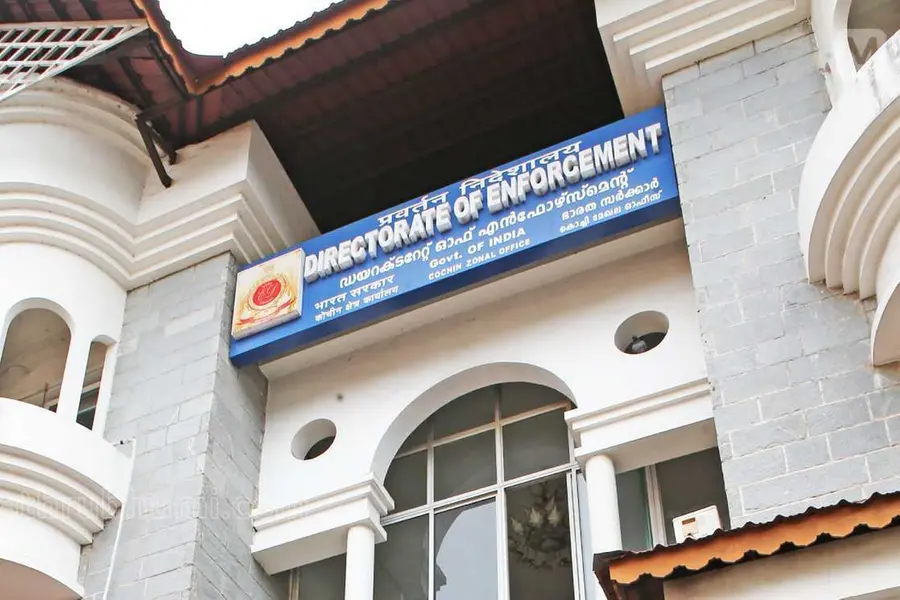Sources: 

The Kerala High Court has taken a strong stance against the Aghosha Committee, a panel responsible for conducting festivals at the Kadakkal Devi Temple under the Travancore Devaswom Board, by branding its collection of funds from devotees as a
criminal offence.
During proceedings, the court
orally questioned the committee's authority and legitimacy to collect money, emphasizing that such collections should only be conducted by the temple advisory committee. The court remarked,
'this is a clear case of collecting money from the devotees by persons other than the temple advisory committee.'This ruling highlights the legal boundaries governing temple fund collections and the importance of adhering to authorized channels to prevent unauthorized fundraising activities. The decision underscores the judiciary's vigilance in protecting devotees from illegal financial practices within religious institutions.
The case also reflects broader concerns about governance and transparency in temple administration, reinforcing that any deviation from established protocols will be met with strict legal scrutiny.
Key quote: "This is a clear case of collecting money from the devotees by persons other than the temple advisory committee." - Kerala High Court
Key fact: The Kadakkal Devi Temple falls under the Travancore Devaswom Board, which regulates temple affairs including fund collection.
This development follows ongoing vigilance and legal actions in Kerala related to corruption and unauthorized financial activities, emphasizing the judiciary's role in maintaining integrity within public and religious institutions.
Sources: 

The Kerala High Court has declared the Aghosha Committee's collection of funds from Kadakkal Devi Temple devotees a criminal offence, questioning the committee's authority and legitimacy. The court noted that only the temple advisory committee is authorized to collect money, highlighting unauthorized fundraising as illegal.

